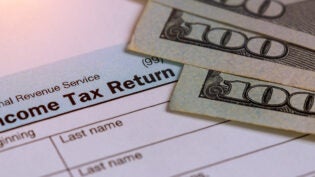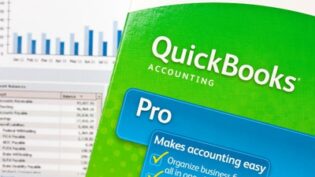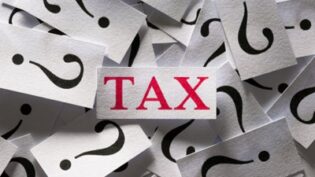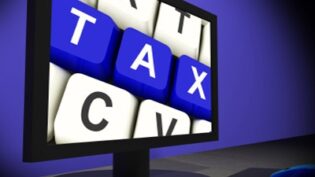
Where can I read about authorized tax deductions?
Answer: There is a long list of authorized tax deductions for self-employed business owners that we can discuss before referencing you to further information on the subject. Self-employed health benefits: Self-employed business owners (i.e. sole proprietors, partners, shareholder-employees of S corps, and LLC members) generally cannot deduct the cost of their medical insurance or medical and dental expenses, including those paid for family members, as a business expense. However, provided all of the IRS qualifications for claiming the self-employed health insurance deduction are met, self-employed business owners can generally deduct 100% of the cost of their medical insurance premiums, including coverage for their spouse and dependents, as an adjustment to gross income on their personal tax return, Form 1040. You can review IRS information on the Self-Employed Health Insurance deduction at:
Self-employed business owners deduct their out-of-pocket medical and dental expenses not covered by insurance, including those paid for family members as itemized medical and dental expense deductions subject to the 7.5% adjusted gross income threshold on Schedule A of their Forms 1040. You can review IRS information on deductible medical and dental expenses at the following website:
However, one alternative that you may want to consider is a Section 105 HRA or medical reimbursement plan, which is one type of benefit plan that is popular with self-employed business owners. A Section 105 medical reimbursement plan is any plan or arrangement established in accordance with Internal Revenue Code Section 105 under which an employer reimburses an employee for uninsured health or accident expenses incurred by the employee or their dependents. Section 105 allows a 100% deduction for health insurance premiums and even allows companies to write off other non-insured medical, dental and vision expenses as well. Employees, including owner-employees, must draw a regular W-2 salary or wages from the business in order to qualify as employees under the IRS rules, but in most situations employers and employees can save Federal, State and Local income taxes, FICA (Social Security and Medicare) taxes, workers’ compensation, unemployment taxes, and state disability insurance (where applicable) payroll taxes with a Section 105 plan.
- Section 105 Plans – Tax Saving Strategies for Health Related Expenses: nwhin.com
- BASE Health Reimbursement Agreement (HRA): baseonline.com
- Section 105 HRA Plans Saving Thousands in Taxes for the Self-Employed: coredocuments.com
Business expense deductions: While you may find lists of potential business expense deductions through various sources, there is no all-inclusive list of business expenses that small or home-based businesses may deduct. Business expenses can vary depend on a business’ particular operations, so not every business, regardless of how it is structured, will incur every conceivable tax deductible expense. Basically, when it comes to identifying and maximizing business expense deductions there are no short cuts. Business owners, regardless of how their businesses are structured, need to familiarize themselves with the IRS and state tax rules that apply to the deductibility of the specific types of business expenses their businesses normally or potentially may incur. This can be done by reviewing IRS and related business expense deduction information, like that provided below, and then consulting with a local tax advisor when uncertain about the tax deductibility of certain expenses.
- Business Deductions Are Critical for Tax Savings: bizfilings.com
- Business Expense (2012): irs.gov
- Deducting Business Expenses: irs.gov
Travel, entertainment, and transportation expenses (including vehicles):
- Travel, Entertainment, Gift and Car Expenses (2012): irs.gov
- Business Use of a Car: irs.gov
- Business Use of a Car Can Be Deductible: bizfilings.com
Depreciation expense (including Section 179 expense):
Home office:
Startup issues:
Retirement plans:
To help you identify, thoroughly evaluate, and maximize your business expense deductions and ensure compliance with IRS rules and regulations, we recommend that you review your particular circumstances with your local tax advisor or CPA.
2964 Views











